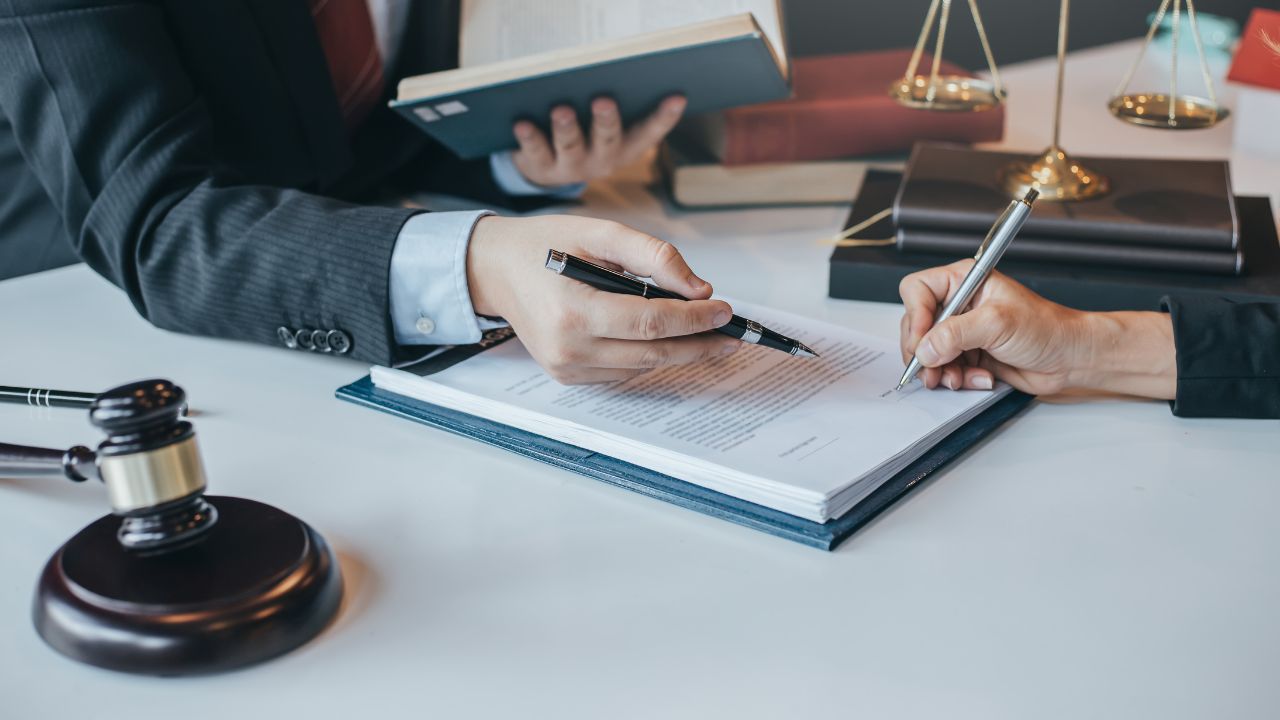
Legal issues can arise at any time, whether it’s a dispute with a landlord, workplace discrimination, or family law concerns. However, hiring an attorney can be costly, leaving many people wondering where to turn for free legal advice. Fortunately, in 2025, there are more resources than ever to help individuals navigate the legal system without breaking the bank.
In this comprehensive guide, we’ll explore the best ways to access free legal assistance, including government programs, nonprofit organizations, online resources, and local legal aid clinics.
1. Legal Aid Organizations and Pro Bono Services
What Are Legal Aid Organizations?
Legal aid organizations are nonprofit groups that provide free legal services to low-income individuals. They are often funded by the government or charitable donations and focus on cases such as housing, employment, family law, and consumer rights.
How to Find Legal Aid Services
- Legal Services Corporation (LSC): A federally funded organization that supports legal aid offices across the U.S.
- State Bar Associations: Most state bar associations have pro bono programs connecting individuals with volunteer lawyers.
- Local Legal Aid Offices: Visit www.lsc.gov or check your state’s legal aid website to find services near you.
2. Free Online Legal Advice Platforms
Best Websites for Free Legal Help
Several reputable websites offer free legal guidance and resources:
- Avvo (www.avvo.com): Allows users to ask legal questions answered by attorneys.
- JustAnswer (www.justanswer.com): Offers real-time chat with legal professionals.
- LawHelp.org: Connects users with local legal aid organizations and self-help resources.
- FindLaw (www.findlaw.com): Provides legal guides, sample forms, and general advice.
Benefits of Online Legal Advice
- Convenience: Access legal help from the comfort of your home.
- Quick Responses: Many platforms offer instant or same-day responses from lawyers.
- Cost-Effective: Most services are free or have minimal costs for premium support.
3. Law School Clinics
Many law schools operate legal clinics where law students, supervised by licensed attorneys, offer free assistance to individuals in need. These clinics cover various legal areas, such as:
- Family law (divorce, custody, domestic violence)
- Immigration law
- Tenant and housing disputes
- Criminal defense
How to Access Law School Clinics
- Visit law schools in your area and check their websites for legal clinic programs.
- Contact universities and ask about their community legal services.
4. Public Defender Services for Criminal Cases
If you are facing criminal charges and cannot afford an attorney, you have the right to a public defender. Public defenders are government-appointed lawyers who provide legal representation free of charge to those who qualify based on income.
How to Apply for a Public Defender
- Request one in court if you are charged with a crime.
- Provide financial documentation to prove eligibility.
- Work with the assigned attorney to prepare your defense.
5. Community Legal Workshops and Hotlines
Many communities offer free legal workshops and helplines where individuals can get advice on specific issues like:
- Tenant rights and eviction protections
- Small claims court procedures
- Employment disputes
Where to Find Legal Workshops and Hotlines
- Local libraries and community centers
- Nonprofit organizations like the ACLU or NAACP
- State bar associations’ pro bono programs
- National legal hotlines, such as:
- National Domestic Violence Hotline (800-799-7233)
- Elder Justice Hotline (varies by state)
6. Self-Help Legal Resources and DIY Legal Documents
Where to Find Free Legal Forms
- Rocket Lawyer (www.rocketlawyer.com): Offers free templates for common legal documents.
- Nolo (www.nolo.com): Provides legal guides and self-help books.
- US Courts (www.uscourts.gov): Official government site with court forms and self-representation resources.
When to Use Self-Help Legal Resources
- Simple legal matters: Such as drafting a will, rental agreements, or small claims court filings.
- Understanding your rights: Before consulting an attorney, reviewing legal guides can help you know what to expect.
7. Free Mediation and Dispute Resolution Services
Mediation is a free or low-cost alternative to legal action that helps resolve disputes without going to court. Mediators are neutral third parties who assist in negotiating fair settlements.
Where to Find Free Mediation Services
- Local court systems (many offer free mediation for small claims and family law cases)
- Community dispute resolution centers
- Religious and nonprofit organizations that provide mediation services
8. Seeking Help from Nonprofit and Advocacy Groups
Many nonprofit organizations provide specialized legal assistance, including:
- American Civil Liberties Union (ACLU): Focuses on civil rights cases.
- National Immigration Law Center: Helps with immigration-related legal matters.
- Veterans Legal Institute: Provides free legal aid to military veterans.
How to Connect with Nonprofit Legal Services
- Visit the organization’s website for eligibility requirements.
- Call their legal aid hotline for guidance.
Conclusion
Getting free legal advice in 2025 is easier than ever, thanks to a wealth of online resources, nonprofit organizations, legal aid clinics, and community programs. Whether you need help with family law, housing issues, or criminal defense, there are numerous ways to access expert guidance without paying hefty legal fees.
By leveraging these resources, you can protect your rights, make informed decisions, and navigate the legal system confidently. If your case is complex, consider consulting a professional attorney for further assistance.